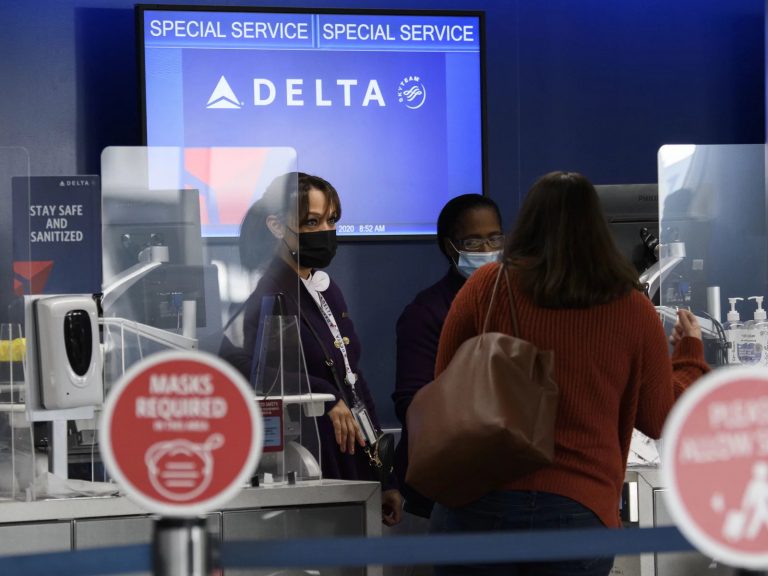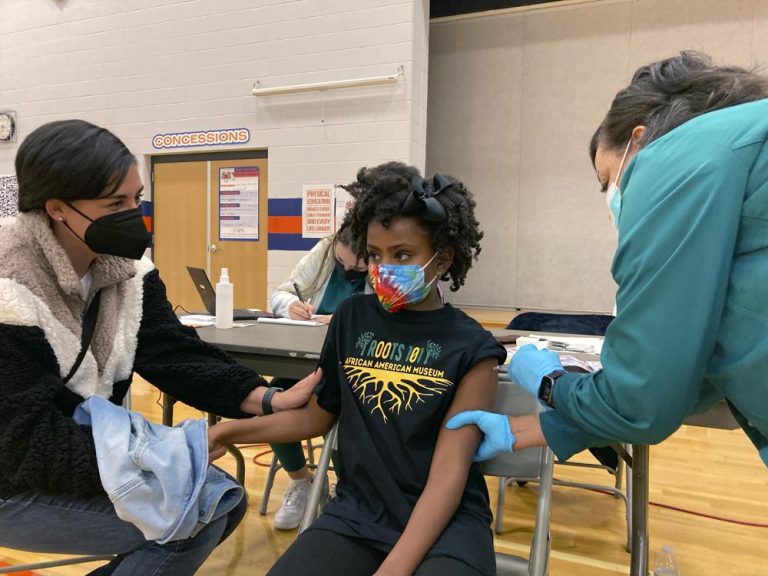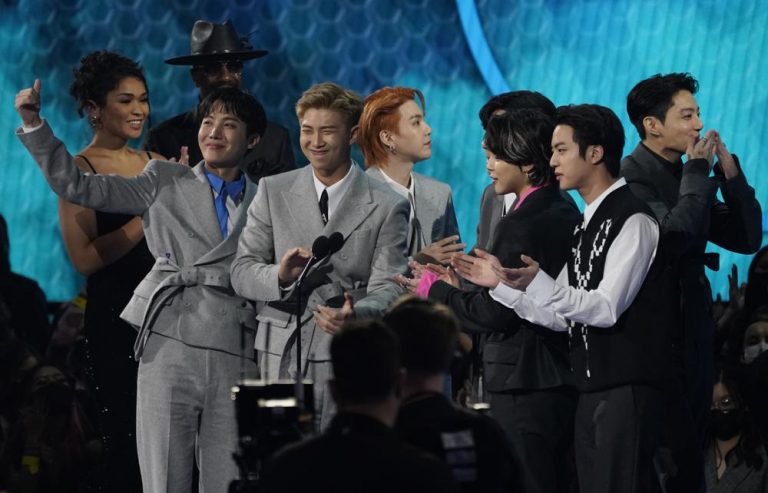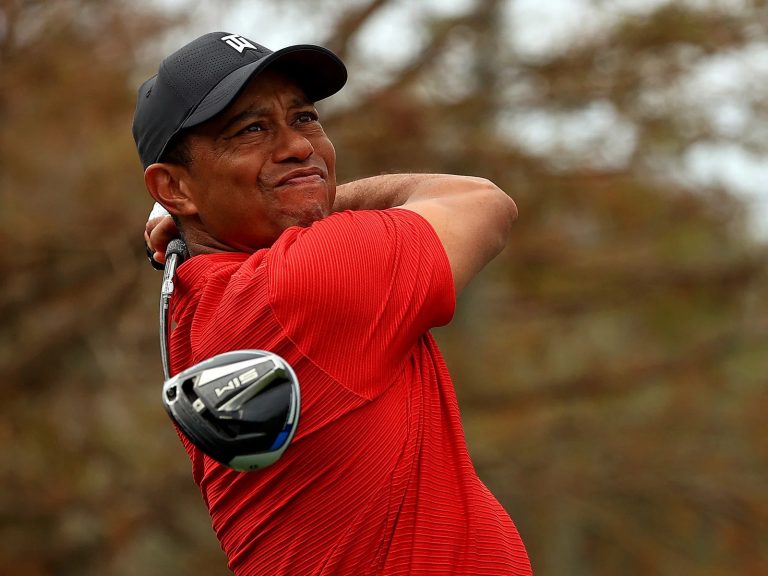Philadelphia parents who don’t speak English say they’ve long been excluded from parts of their children’s education because of language barriers, an issue that’s only been exacerbated by the pandemic and the return to in-person learning.
According to AP, Parents told The Associated Press stories of students being used as translators despite federal prohibitions, incorrect telephone translations or poor communication when their children were being bullied. Experts said Philadelphia is not alone, noting that many school districts have lagged in creating systems that treat non-English speakers equally rather than responding to complaints.
Philadelphia school district officials said the district has made a lot of progress in recent years, including sending communication in parents’ languages and hiring dozens of additional in-school interpreters called bilingual cultural assistants, or BCAs. They said the district has policies against using children as translators and robust guidance on how to request language help.
Still, problems persist.
Mandy, who asked the AP not to use her last name, has a 10-year-old son with special needs. She struggled with whether to return him to in-person schooling, but ultimately decided the virtual option didn’t offer enough support for parents who don’t speak English.
Mandy said her biggest struggle with language access has been during special education meetings at her son’s previous school. Even though things have improved since she transferred him to another school in 2020, she still spends hours translating documents into Mandarin because the district provides very few fully translated documents.
During one meeting, a telephone translator said she didn’t know anything about special education and refused to translate, so Mandy started bringing a bilingual friend as a backup. Another time, a translator told Mandy the district was going to teach her son to “eat meat,” which her friend quickly corrected, explaining the specialist was talking instead about goals for feeding therapy.
“It sounds like a comical incident, but it was really frustrating,” Mandy said in Mandarin through a translator. “It feels like immigrant parents are deliberately excluded and pushed to the margins.”
Jenna Monley, deputy chief of the district’s Office of Family and Community Engagement, said the office has issued guidance to school and district staff to transition to in-person interpreters for individualized education plan meetings when possible.
The Philadelphia school district saw an increase to more than 16,500 English learners in 2020 from around 12,000 in 2013, and Census numbers show nearly a quarter of people in Philadelphia older than 5 speak a language other than English at home.
Juntos, a Latinx immigrant advocacy group in South Philadelphia, did a phone survey of families around March 2020 asking about their concerns related to the pandemic. Executive Director Erika Guadalupe Núñez said that, after basic needs, 99% listed schooling as their next concern, including how to get a school laptop or how to communicate with teachers who only spoke English.
The U.S. Department of Education’s Office of Civil Rights, which receives dozens of parental language complaints each year, issued guidance in 2015 on the legal obligation to communicate with parents in languages they understand, saying neither students nor untrained bilingual staff should translate. It also says translators should know any specialized terms or concepts in both languages.
Monley said the office provides school and district staff with guidance on when and how to use BCAs or the other contracted translation options. Annual refresher trainings are only required for “key staff,” which doesn’t include most teachers.
Philadelphia City Councilmember Helen Gym, who has spent years advocating for education and immigration issues, said she wants interpreters in every school every day, as well as more multilingual staff including counselors and nurses.
“We have a long way to go to enforce the language access mandates that are clearly in the legal books and were in fact the source of many different lawsuits and consent decrees,” she said.
Gym said immigrant families often seem like an afterthought.
“This was a city a decade ago that was on the brink of walking away from its public schools. And that would have been devastating for immigrant communities,” she said, referring to deep budget cuts around 2011 after changes to the state’s education funding formula.
She said the district closed nearly 30 schools and barely escaped financial crisis, but the number of BCAs — which are the district’s main resource for parents who speak languages other than English — was cut in half.
BCAs were created during the implementation of a settlement in a lawsuit filed by Asian American students in the 1980s demanding better resources for Asian English learners who had been largely left out. Gym, who served on the commission appointed to implement the settlement, said the changes benefited all immigrant communities.
But BCAs are still the only designated bilingual staff in school buildings, Gym said, and they often serve as cultural brokers connecting parents with important resources outside of school. Yet they’re paid a starting salary of about $24,000, she said.
Monley said the district has 101 BCAs after hiring about 45 over the last few school years. She said they serve in 108 schools with the greatest needs for language help out of about 220 total schools. Many BCAs float between multiple schools every week.
Even with the hiring, the district has close to the same number of BCAs it had a decade ago for thousands more students and families, Gym said.
Experts said many districts, not just in urban areas, have seen increases in students and parents who speak languages other than English. Dominic J. Ledesma, an educational justice researcher, said many districts try to provide what’s necessary under the law without thinking about making schools an inclusive place for immigrant families.
“Legal compliance and civil rights compliance are just as important as the equity issues at stake. Those issues are really pervasive and systemic in nature and not limited to Philadelphia. It’s everywhere,” said Ledesma. “In an equitable system … it’s the administrators who are accountable to all parents.”
But with the language barrier, many parents said they had to work harder than English-speaking parents to be involved.
Meanwhile Gym has been holding meetings in the community with other councilmembers, asking what parents want to see improve as the district searches for a new superintendent. She advocated for a full review of whether the district is in compliance with civil rights requirements for language and if needed, more litigation to push it into compliance.
“I don’t believe anyone can be at the forefront by meeting the bare minimum standards,” she said. “And I don’t think the school district is meeting that bare minimum for these parents.”









